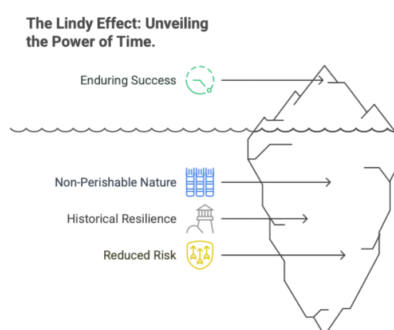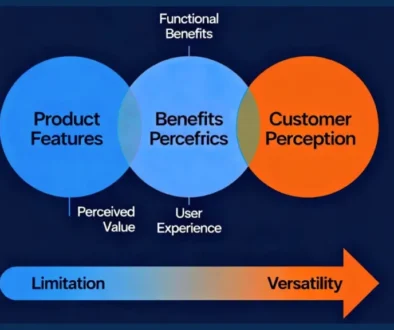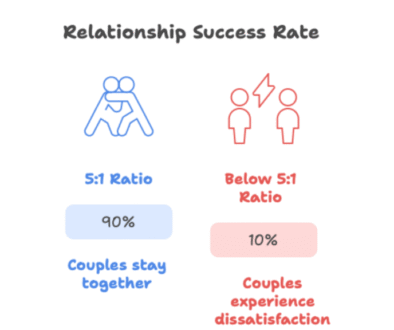First Principles Thinking: Cut Through the Noise and Think for Yourself
We live in a world of inherited ideas. From how we work to what we buy, most of us operate on autopilot, accepting things as they are because “that’s how it’s always been done.” But what if you could strip away all the assumptions and see problems with fresh eyes?
That’s the power of first principles thinking – the mental model behind some of history’s greatest breakthroughs and modern innovations like SpaceX rockets and Tesla batteries. It’s not about being the smartest person in the room; it’s about being the most clear-eyed.
The Problem With Conventional Wisdom
Think about how most decisions get made:
-
“Our competitors are doing it this way”
-
“This is industry standard”
-
“Experts say…”
These are all forms of reasoning by analogy – building on what already exists rather than examining the fundamental reality. It’s comfortable, but it rarely leads to real innovation.
How First Principles Thinking Works in the Real World
When Elon Musk wanted to make space travel affordable, he didn’t start by studying existing rockets. He asked basic questions:
-
What is a rocket made of? (Aluminum, titanium, copper)
-
What do these materials cost on the commodity market?
-
Why can’t we reuse rockets like airplanes?
This line of questioning led to SpaceX’s reusable Falcon 9 rockets, which disrupted the entire aerospace industry.
Why This Matters for You
You don’t need to be building rockets to benefit from this approach. First principles thinking can help:
-
A startup founder questioning why their industry operates certain way
-
A marketer re-examining what really drives customer decisions
-
Anyone stuck in “we’ve always done it this way” thinking
The Hard Part (And How to Do It Anyway)
Breaking down problems to their fundamentals sounds simple, but our brains resist it. Here’s how to push through:
-
Identify your assumptions – Write down everything you “know” about a problem
-
Ask “why?” repeatedly – Like a annoying child, keep digging deeper
-
Rebuild from the ground up – Only keep what’s provably true
When Not to Use First Principles
This approach isn’t always practical. You don’t need to reinvent:
-
Basic processes that work fine
-
Decisions where speed matters more than perfection
-
Areas where domain expertise is crucial
Try This Today
Pick one area where you feel stuck or frustrated. Instead of looking at how others solved it, ask:
-
What are the absolute essentials here?
-
What are we taking for granted that might not be true?
-
If we started from scratch, how would we approach this?
You might be surprised at what you discover when you give yourself permission to question everything.
The most valuable thinking isn’t about memorizing frameworks – it’s about developing the courage to see things as they really are, not just as they’ve been presented to you. That’s how real breakthroughs happen, in business and in life.
What long-held assumption will you question today?



